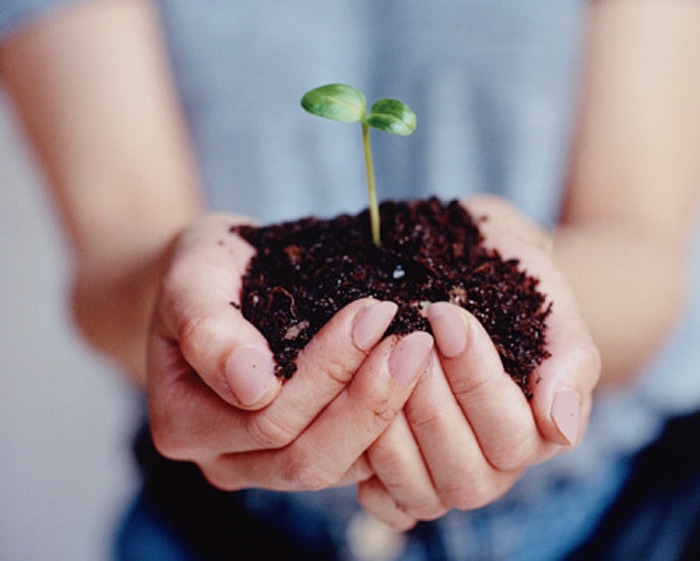
Written By: Sofia Layarda, MPH
Title: Master of Public Health
Alumni: University of California, Berkeley
Last Updated on:

Did you know that the concept of a “100-mile diet” originated in Vancouver, BC, Canada? The idea was conceived by a couple, both authors, who decided to go cold turkey from trucked- or flown-in foods for one year and eat nothing but foods grown or produced within a 100-mile radius of their home. It has spawned two books and a TV series on the Food Network. It has also helped galvanize the “eat local” movement among various communities in BC, and encouraged others around the world to follow suit. As the spotlight falls on Vancouver for the 2010 Olympic Winter Games, you may be wondering: How have Vancouverites incorporated this diet philosophy into their lives?

Vancouver City Hall has a waiting list for garden plots on its north lawn. All around Metro Vancouver, there are an increasing number of gardens started by eager volunteers. Those who are new to gardening can get help by linking up with groups like the Vancouver Community Agriculture Network (VCAN). A number of enterprising farmers and gardeners are offering urban farming workshops for a fee, helping newbies to get started growing their own foods in their own backyards.
Gardening enthusiasts are not deterred by the shortage of available land for agriculture, either. Instead, they look upwards: several rooftop gardens in downtown Vancouver have reclaimed what would normally be barren spaces and filled them with food-producing plants. A rooftop garden at the YWCA Vancouver grows organic produce for clients of other YWCA programs. The Fairmont Waterfront Hotel operates a garden on the third-floor balcony, growing fresh herbs and produce for the chefs in the kitchen year-round.
A growing number of high-end restaurants in Vancouver regularly feature local foods on their menu. Rather than making local foods a “novelty” event, some, such as C Restaurant, go as far as building their entire menu on locally-available products. An annual month-long event called Eat BC takes place in the fall, promoting restaurants that offer discounted menus showcasing foods that have been grown, raised, or processed in BC.
Like many metropolitan cities, Vancouver has plenty of farmers’ markets. But farmers’ markets are not the only option for Vancouverites wanting to purchase local foods. There are also co-operative buying clubs such as NOWBC (Neighbours Organic Weekly Buying Clubs), which connect local producers with consumers. NOWBC updates their online catalog once a week, sourcing as many products as possible from local BC food producers and processors. Shoppers sign up for a buying club in their neighborhood, submit their orders online, and once a week, pick their orders up from the delivery depot assigned to their buying club.
The University of BC in Vancouver operates a 24-hectare working farm on campus, under the Faculty of Land and Food Systems. A student-operated volunteer organization called Sprouts operates a café focusing on local products, a grocery store selling fresh produce from the UBC Farm, and a co-operative buying club.
Whether through their grocery-buying or dining out, Vancouverites have enthusiastically embraced the 100-mile diet philosophy as advocated by its founders.
Alumni: University of California, Berkeley – Sofia believes in bringing back fun and pleasure into everyday eating. She loves cooking, and is constantly experimenting with ingredients, creating recipes and trying them out on family and friends. Her latest interest lies in finding realistic and practical ways of environmentally-friendly food/eating habits.
local eating, sustainable eating, vegetable gardening
Chocolate 101: Dark, Fair-trade, Organic, and More – Podcast